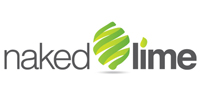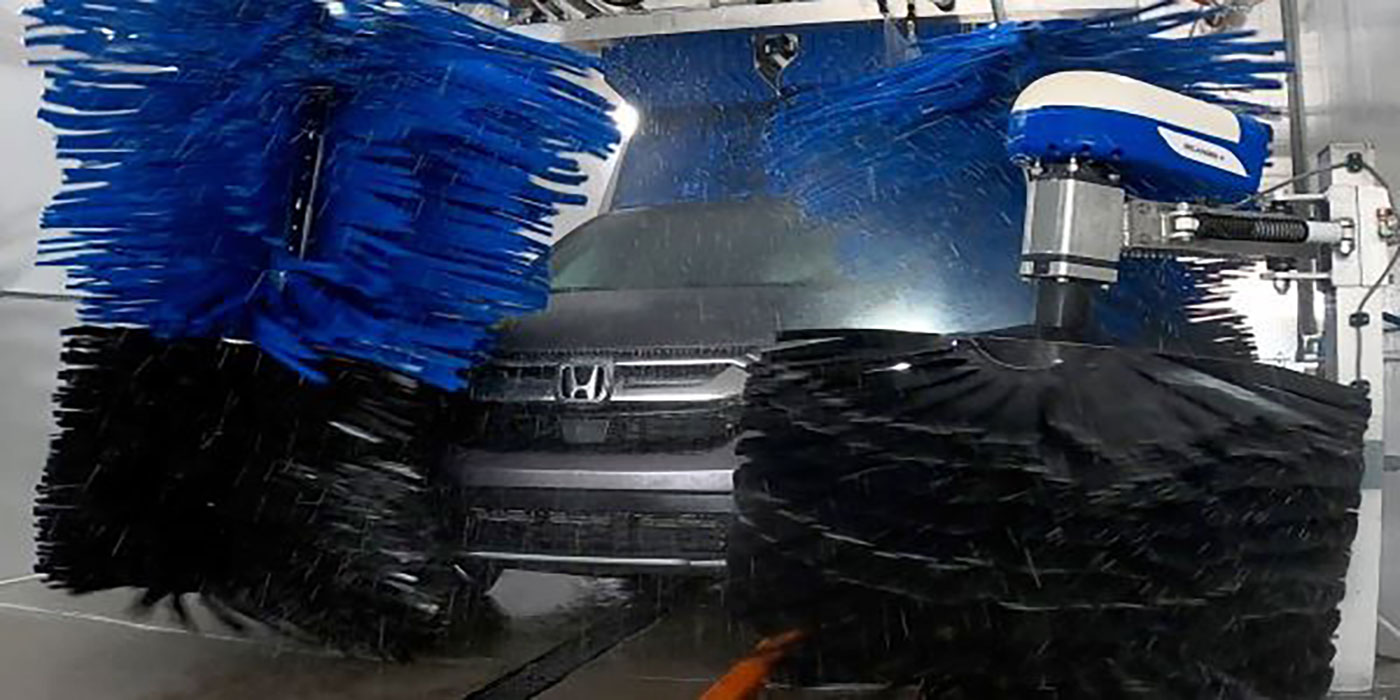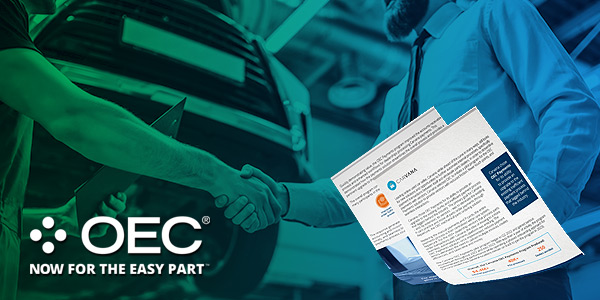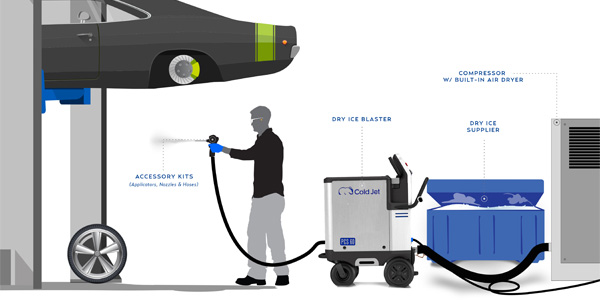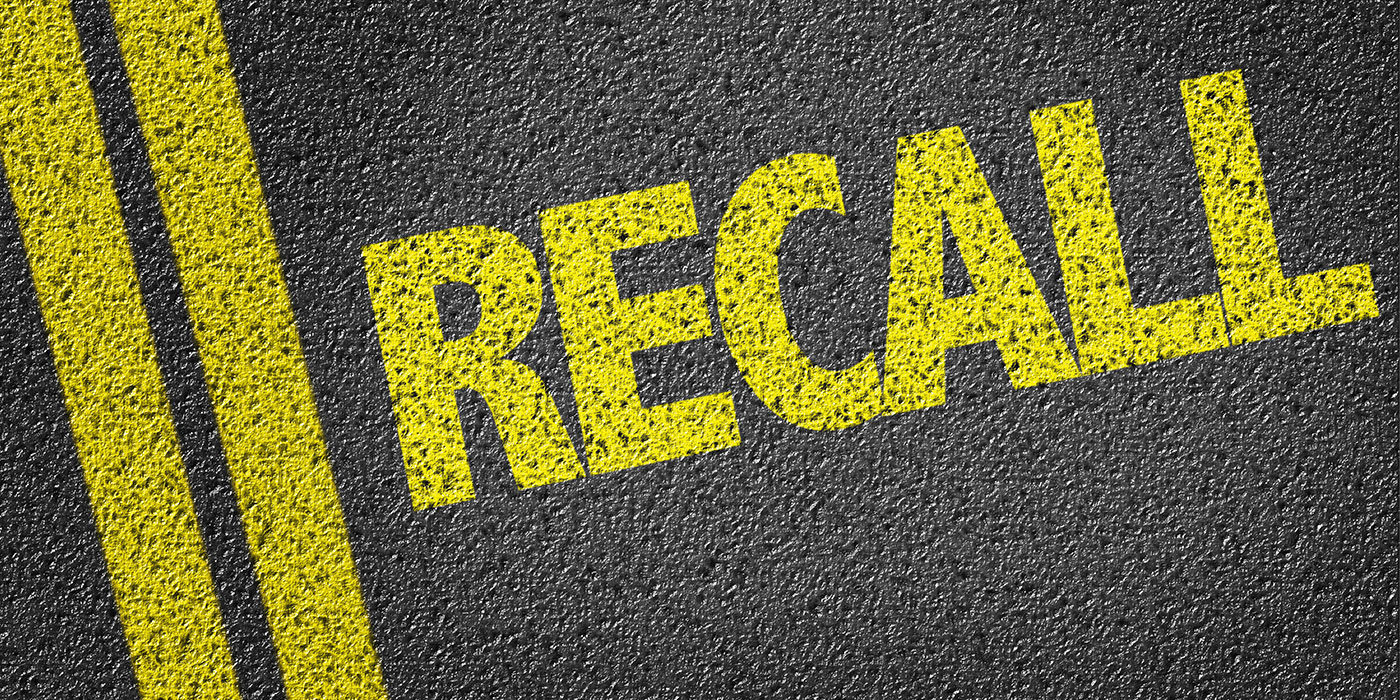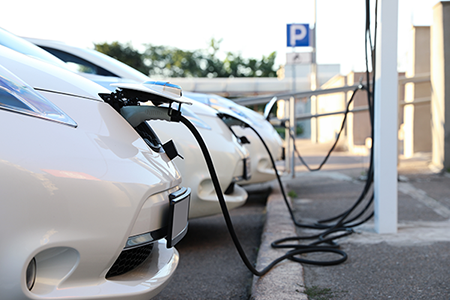It’s no secret that over the last couple of decades the internet has transformed how people access and process information – and not always for the better. Specifically, there’s a phenomenon known as “confirmation bias” that influences how people hunt down information via search engines and, as a result, the sentiment associated with your brand on the search engine results page (SERP).
Confirmation bias describes the tendency to search for, interpret, favor, and recall information in a way that confirms or supports one’s prior beliefs or values. This is relevant to the results returned by search engine algorithms, because many people will unwittingly phrase a query in such a way as to return a result with specific positive or negative sentiment.
For example, imagine how different the results might be for the following searches:
• “Is Ford better than Honda?”
• “Why is Ford better than Honda?”
• “Why is Ford not better than Honda?”
Subtle variations in the phrasing of these queries will return drastically different SERPs. While one might start a potential customer on the journey to walking through your dealership’s front doors, another could turn them off to the possibility of buying a Ford (or a Honda) forever.
Unfortunately, your search engine optimization (SEO) faces more challenges than adverse query phrasing. Thanks to a feature on results pages known as “People Also Ask,” or PAA, search results can truly sabotage your brand before you ever get a chance to engage with potential customers – unless you learn to optimize your SEO accordingly.
What is PAA – and how do you optimize for it?
The People Also Ask box is an interactive, universal Google search result that displays the most common questions other users have asked which relate to your query. Clicking on a PAA result will lead users to a site with additional information in the same vein, officially starting them on a journey to either adopting a new belief about the search topic or further confirming their pre-existing bias.
According to SEMrush, PAAs appear on more than a third of all results pages related to the automotive industry, while most major brands (most OEMs, for example) will trigger PAAs regardless of industry. More than half the time, PAAs are visible on the results page after the first organic search result.
In other words, thanks to the combination of confirmation bias and PAAs, there’s a significant impediment built into automotive SEO that, unfortunately, only Google would have the power to change.
So, what do you do? Just accept that some percentage of potential customers will be turned away from your brand before you ever get a crack at them? Give up on SEO altogether?
No, of course not. In fact, what you should be doing is turning PAAs to your advantage by making your site an authoritative source of high-demand information.
Consider that if you’re having trouble snagging the top organic position on a SERP, you could still gain visibility by getting listed as a PAA result. There are two main ways to achieve this:
- Answer common questions in your site’s content in a clear and concise manner. A good method for doing this, beyond just having quality copy on all your site’s pages, is to create a blog that addresses vehicle shopping topics in an educational manner. This also gives you a built-in platform to subtly counter any prevailing negative sentiment towards your brand or dealership.
- Think keywords, keywords, keywords. Using various tools, plug-ins, and the expertise of a professional marketing partner, you can figure out which of your competitors’ keywords are helping them appear in PAAs and which aren’t, revealing possible gaps for you to take advantage of. You can also leverage the site AlsoAsked.com to get a comprehensive graph of PAA data for specific search terms, which you can use to generate ideas for relevant site content as well as additional keyword insights.
Take time to review your site. Does it only achieve the bare minimum in interfacing with potential customers or does it serve as a real driver for your marketing and outreach efforts?
Start optimizing for PAA today and turn brand sabotage into a brand booster.
This article is sponsored by Naked Lime.


